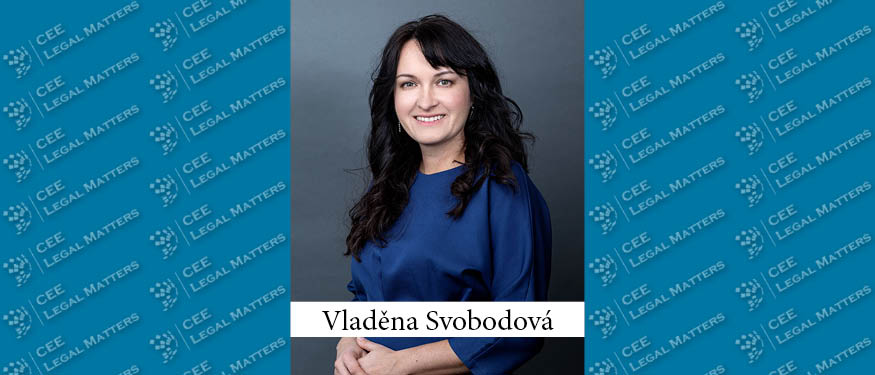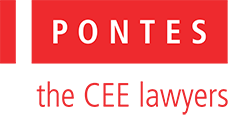It can be interesting to examine how other countries address anti-competitive agreements. The European trend is certainly moving towards penalising a broader range of cartel behaviour using new tools, rather than relying primarily on leniency applications (self-reporting) as in the past.
For example, Spain and Brazil are developing new AI tools to detect cartel agreements or even mere information exchanges. In the United Kingdom, informants are offered financial rewards of up to GBP 250,000 for providing information.
Other countries are improving technical means to examine public annual reports, marketing studies or public statements. Portugal and Spain have public databases where public institutions are required to disclose specific sales data. In the United States, former FBI agents are being involved in the process of investigating cartel agreements. And, of course, there is still a strong emphasis on cooperation between competition authorities.
As expected, the global trend is increasingly focusing on developing technical and AI capabilities to detect typically anti-competitive information exchanges, with some countries considering a single instance sufficient, rather than requiring repeated exchanges. Recently, there has also been a focus on penalising anti-competitive agreements in the labour market, which had previously been overlooked. For example, in Portugal, a notable case involves the non-poaching of "employees" within the local football league, while in Hong Kong, the most common issue is improperly negotiated non-compete clauses.
As we wrote about in a recent post, the Czech Republic is currently discussing an amendment to the Competition Act that introduces individual liability for natural persons involved in cartels, meaning that individuals, as well as companies, can be punished. Introducing or increasing individual liability is also a priority in the United States. In Spain, fines for individuals have been increased to up to EUR 400,000, while in the United Kingdom, individuals can face permanent bans from holding managerial positions in companies (with 35 such bans issued to date).


